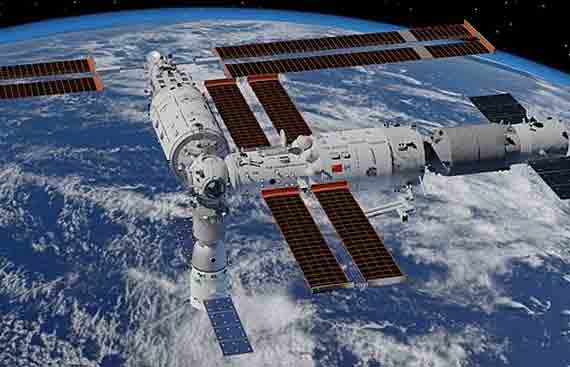India and US Natural Partners in Space Exploration

Innovative technologies and major advancements by private sector companies worldwide have enhanced space commercial uses.
At an event called Space Technology: The Next Business Frontier, Minister Counselor for Economic, Environment, Science, and Technology Affairs, U.S. Embassy, Mr Drew Schufletowski, stated that the launch of the US-made Nike-Apache sounding rocket in 1963 embarked the Indian Space Programme, and India and the US have collaborated on Moon missions, human spaceflight, and much more.
The event was hosted by the Indian Institute of Technology Madras (IIT Madras) and the Indian Space Association (ISpA). Mr Schufletowski added that the greatest growth potential in the India-US space relationship and those of other Indo-Pacific countries involve the private sector. India’s space is transforming, with private companies having a more influential role in both the design and production of launch vehicles, satellites, ground stations, and other elements at the heart of space exploration and applications.
Furthermore, he noted that Indian firms are now developing satellite constellations for earth observation and designing small launch vehicles to place them into low-earth orbit. Space companies in the United States and the Indo-Pacific can enhance this commercial sector momentum via investment, trade, and technological collaboration partnerships.
In the background of the ongoing development of NISAR (NASA-ISRO Synthetic Aperture Radar), Schefletoski asserted that the 1.5 billion USD project is aimed at observing and measuring some of the earth’s most complex phenomena. He also reiterated that the Indian commercial space sector was poised to capture a much larger global space economy share. India acquires a two per cent share of the 469 billion USD global space economy.
Lt Gen Anil Bhatt (retd), Director General of the Indian Space Association (ISpA), mentioned that there are only seven spacefaring nations worldwide. However, more than 90 countries have their assets in orbit. Innovative technologies and significant breakthroughs by private sector firms worldwide have further enhanced space commercial uses.
The challenges for the Indian private space industry were seeking investment, assuring access to a market and the void regarding space policy to get real clarity for carrying out activities. He also pointed out that the Indian government-run space agency ISRO controls India's space sector, and the private sector is a new entrant in carrying out end-to-end space activities.
Mentioning the necessity of increased government support for India’s private sector, he underlined that foreign direct investment is legally permitted in India’s space sector and would also be a major boost. While talking about the ISpA’s role and responsibilities, he stated that the industry body was meant to work with all stakeholders to create an enabling environment to propel India in the global space realm. In addition, he said that the ISpA would be a unified voice for the Indian space industry, strengthen businesses, and encourage international partnerships and cooperation to ensure that India becomes a global space industry hub.
